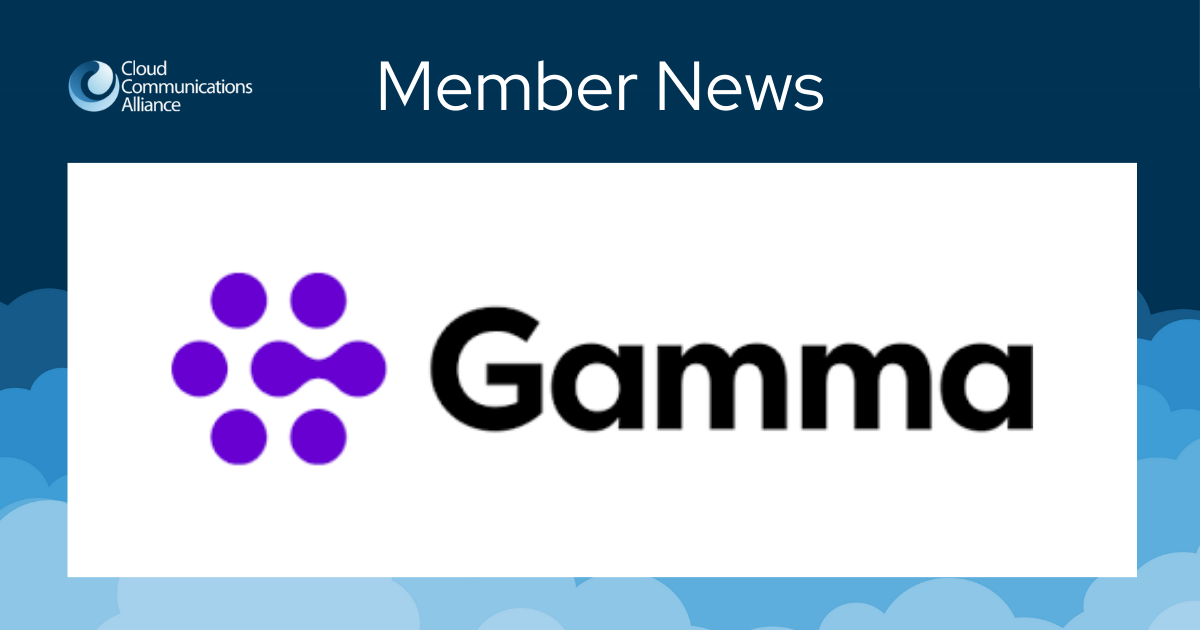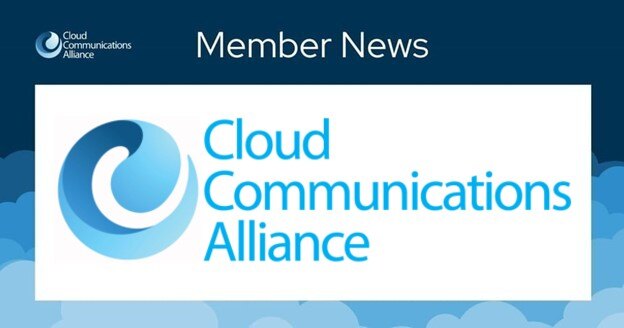FCC Upholds USAC’s Interpretation of the Affiliate Filer Rule: Could Your Company Lose the Exemption?

On April 5, 2022, the Federal Communications Comission’s (“FCC” or “Commission”) Wireline Competition Bureau (“WCB” or “Bureau”) unexpectedly issued an Order denying BA Telecom’s appeal challenging the Limited International Revenue Exception (“LIRE”) Affiliate Rule’s application to BA Telecom’s Universal Service Fund (“USF”) contributor affiliates. The Order impacts investment decisions of all telecom carriers and interconnected Voice over Internet Protocol (“i-VoIP”) providers doing business in the United States.
The WCB held that any company that is “affiliated” with another filer — even passively through an investor holding more than 10% ownership or control of the other filer — must report the affiliation on FCC Form 499. And, for purposes of evaluating LIRE qualification, the USF administrator, the Universal Service Administrative Company (“USAC”), will combine the interstate and international end-user telecom/I-VoIP revenues of all affiliates, including non-contributing/non-filing affiliates. Therefore, an affiliation disclosure could result in the absurd outcome of a wholly international standalone company that happens to share a more than 10% investor/owner with a company providing interstate services losing its LIRE exemption. Read on to learn more about how this surprising move could affect your business.
Background
Under FCC rules, telecom carriers and I-VoIP providers must contribute to the USF on “projected collected interstate and international end-user telecommunications revenues, net of projected contributions.” Contribution obligations for carriers providing predominantly international services, however, are limited. Specifically, under LIRE, provider whose interstate end-user telecommunications revenues comprise less than 12% of their combined interstate and international end-user telecommunications revenues contribute exclusively on the interstate portion. The LIRE’s goal is to exclude from the contribution base the international end-user telecommunications revenues of any telecommunications provider whose annual contribution, based on the provider’s interstate and international end-user telecommunications revenues, would exceed its interstate end-user revenues.
In calculating LIRE eligibility, the “LIRE Affiliate Rule” requires USAC to combine qualifying revenues of all “affiliates.” The Act defines “affiliate” as “a person that (directly or indirectly) owns or controls, is owned or controlled by, or is under common ownership or control with, another person.” “Owns” means ownership of “an equity interest (or the equivalent thereof) of more than 10 percent,” while control means over 50% of the entity’s voting rights (or equivalent thereof).
In 2019, BA Telecom filed an appeal of USAC’s application of the LIRE Affiliate Rule to its Forms. BA Telecom argued that USAC should not have included the combined revenues of “all” affiliates, but instead only any non-filing affiliates, such as de minimis, governmental, or systems integrators/self-providers. The WCB upheld USAC’s decision.
The FCC Ruling
The WCB agreed with USAC’s interpretation of the Affiliate Filer Rule, determining that it requires USAC to include both filer and non-filer revenues on their FCC Form 499. In so doing, the WCB made the following key points:
- The Bureau held that USAC applied the Affiliate Filer Rule consistent with the Commission’s intent. In reaching this decision, the Bureau relied on the plain language of the Affiliate Filer Rule), which requires a filer to include “all of that entity’s affiliated providers of interstate and international telecommunications and telecommunications services” without distinguishing between filer and non-filer affiliates in any way. The Bureau found the word “all” to unambiguously encompass all affiliates, observing that “[h] ad the Commission intended to refer only to a subset of affiliates in its definition of “entity” it would have done so.” The WCG further noted that the Form 499-A instructions support this finding.
- The Bureau also expressed concern that allowing BA Telecom to have its way would effectively give all providers, including the largest interstate carriers, the green light to avoid their universal service contribution obligations on their international revenues by establishing subsidiaries and shifting all international offerings to these subsidiaries.
- Most surprisingly, the Bureau dismissed BA Telecom’s contention that applying the Affiliate Filer Rule to non-filer affiliates yields absurd results. In rejecting this argument, however, the Bureau focused on BA Telecom’s mischaracterization of reporting on a consolidated basis and undue burden of coordinating with affiliates: wholly ignoring the legitimate risk of a purely international investor losing the LIRE solely through its affiliation with a contributor.
Practical Implications of the FCC Ruling
Just to highlight in stark terms the potential ramifications of the FCC’s decision, consider the following hypothetical:
- Company A (e.g., Tata Communications) provides almost 100% international telecommunications and qualifies for the LIRE exemption. Company A pays USF contributions on the less than 12% of revenue earned from interstate telecom.
- Company B (e.g., AT&T) provides interstate and international telecommunications and does NOT qualify for the LIRE exemption. Company B pays USF contributions on all of its interstate and international revenue.
- Warren Buffett and Berkshire Hathaway each own or control 11% of both Companies A and B.
Under the FCC’s logic, Tata and AT&T would be obligated to disclose their affiliation through the shared ownership of a passive shareholder, and Tata would lose its LIRE exemption, resulting in 100% of its international and interstate revenue becoming subject to USF contributions.
Information supplied by:
Jonathan S. Marashlian, Esq.
(703) 714-1313
The CommLaw Group
1430 Spring Hill Road
Suite 310
McLean, Virginia 22102

